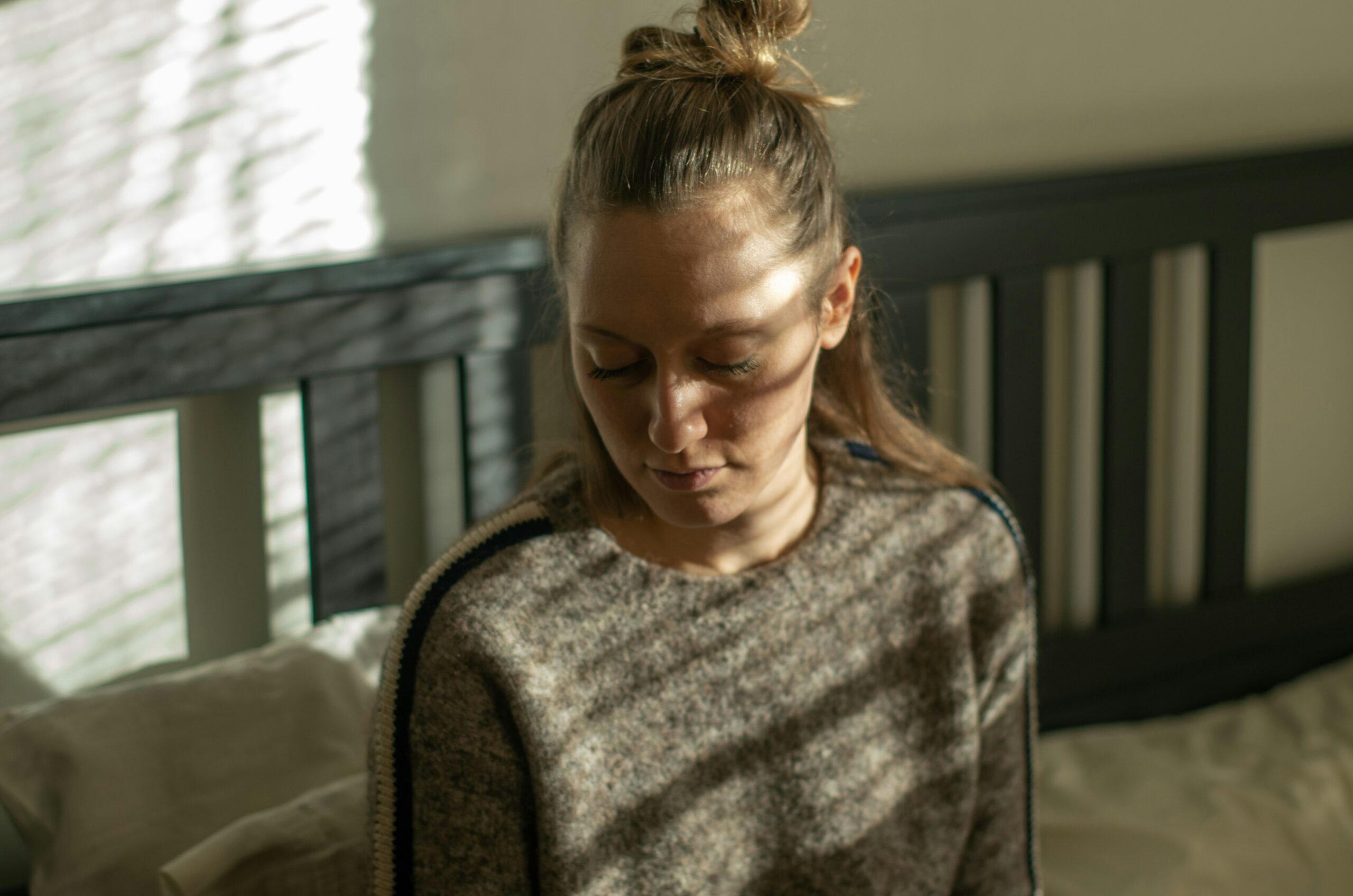Understanding the Impact of Winter on Mental Health
February 13, 2025
Winter can bring up different emotions for everyone. For some, it’s a cozy time of year filled with holidays and relaxation, but for others, the colder months bring challenges that can affect mental health. Seasonal affective disorder (SAD) is a type of depression that typically occurs during the fall and winter months when daylight hours are shorter. It’s characterized by symptoms such as persistent low mood, fatigue, difficulty concentrating, and increased sleep and appetite. Understanding how winter influences our mental well-being can help us understand the causes of our changes in mood and ways we can counteract them. If you are struggling with seasonal depression, seeking help from a therapist can provide valuable support and tools to navigate these challenges effectively.
Social Connection
The colder months can limit social activities as people tend to stay indoors more frequently. This isolation can exacerbate feelings of loneliness or sadness. Human beings are inherently social, and maintaining connections is an essential aspect for mental health. Even in winter, finding ways to stay connected with friends and family—whether through virtual meetups, phone calls, or in-person gatherings—can help combat isolation. Structured activities, like joining a book club or taking a workout class, can provide opportunities for social interaction that may otherwise come easier during the warmer months.
Physical Activity
Physical activity is a proven mood booster, but winter often disrupts our exercise routines. Cold temperatures can make outdoor activities unappealing, reducing opportunities to get moving. Finding ways to stay active during winter can be helpful for maintaining mental well-being. Exercise helps release endorphins, the body’s natural feel-good chemicals, and can alleviate symptoms of depression and anxiety. Indoor options like yoga, home workouts, or joining a gym can keep your body moving even when outdoor activities aren’t feasible. If you enjoy the cold, activities like skiing, snowshoeing, or even a brisk walk in the snow can combine physical activity with exposure to nature.
Sunlight Exposure
One of the most significant factors affecting mental health in winter is reduced sunlight. Shorter days and overcast skies can lead to decreased exposure to natural light. Reduced sunlight can disrupt the body’s circadian rhythm, the internal clock that governs sleep-wake cycles. This disruption often causes fatigue, difficulty concentrating, and mood changes. Additionally, sunlight influences the production of serotonin, a neurotransmitter that contributes to feelings of happiness. Light therapy, which involves exposure to artificial light that mimics natural sunlight, can be an effective way to counteract these effects. Spending time outdoors during daylight hours, even on cloudy days, and keeping your home well-lit can help reduce symptoms due to decreased light exposure.
Holiday Blues
The holiday blues refer to feelings of sadness, stress, or anxiety that can be experienced during the holiday season. These emotions can be triggered by various factors, including financial strain, the pressure to meet social or family expectations, or reminders of personal loss. Though the holidays are often portrayed as a time of joy and celebration, it’s okay to feel different. Practicing self-care, setting realistic expectations, and reaching out for support can help alleviate the holiday blues.
Conclusion
While winter can bring unique challenges to mental health, understanding the factors that influence our mood during this season can help us manage its impact. If you feel overwhelmed, it can be helpful to seek professional guidance. A therapist can offer valuable support and coping strategies to navigate this time of year with greater resilience and balance.
References
Hall, E. D. (2021, October 22). How to cope with another socially isolated winter. Psychology Today. https://www.psychologytoday.com/us/blog/conscious-communication/202110/how-to-cope-with-another-socially-isolated-winter
Seasonal depression (seasonal affective disorder). (2022, April 10). Cleveland Clinic. https://my.clevelandclinic.org/health/diseases/9293-seasonal-depression
Shining a light on winter depression. (2024, September 30). Harvard Health Publishing. https://www.health.harvard.edu/newsletter_article/shining-a-light-on-winter-depression

GET the NEWSLETTER
Subscribe now and take the first step towards a more fulfilling and balanced life.
Site Credit
Terms and Conditions
Privacy Policy
Join the Conversation
Specialized therapy in DBT, CBT, and Mindfulness, fostering mental health and personal growth for individuals and families.
Nav
You're on the list! keep and eye on your inbox!